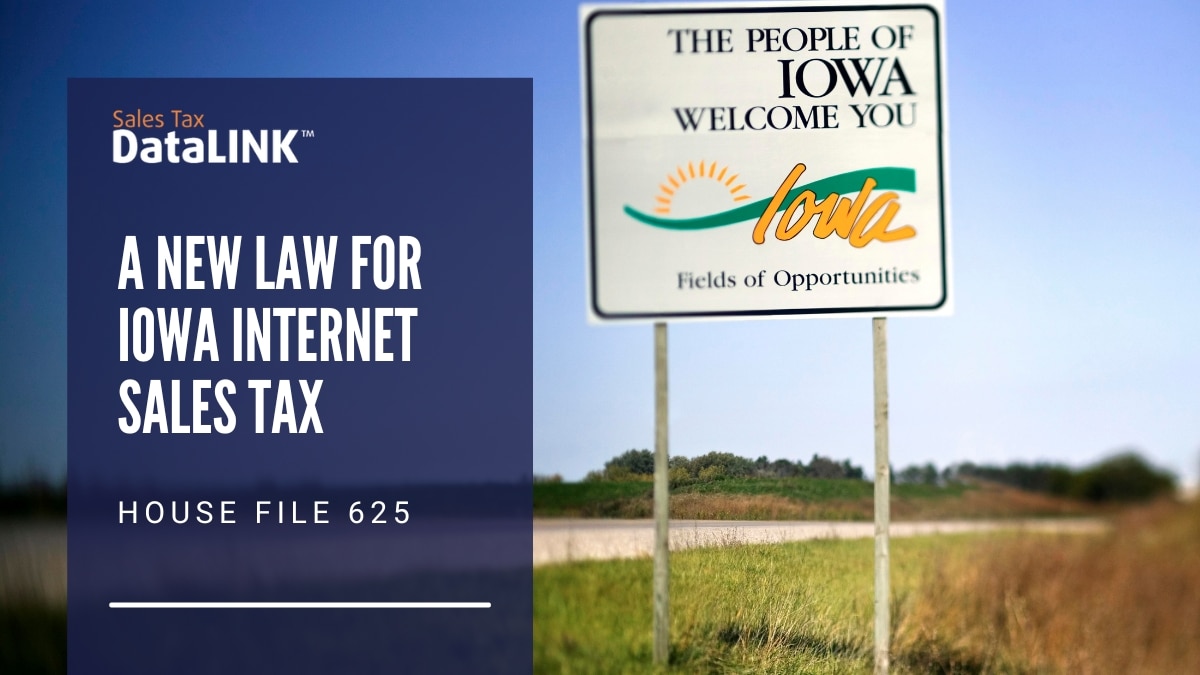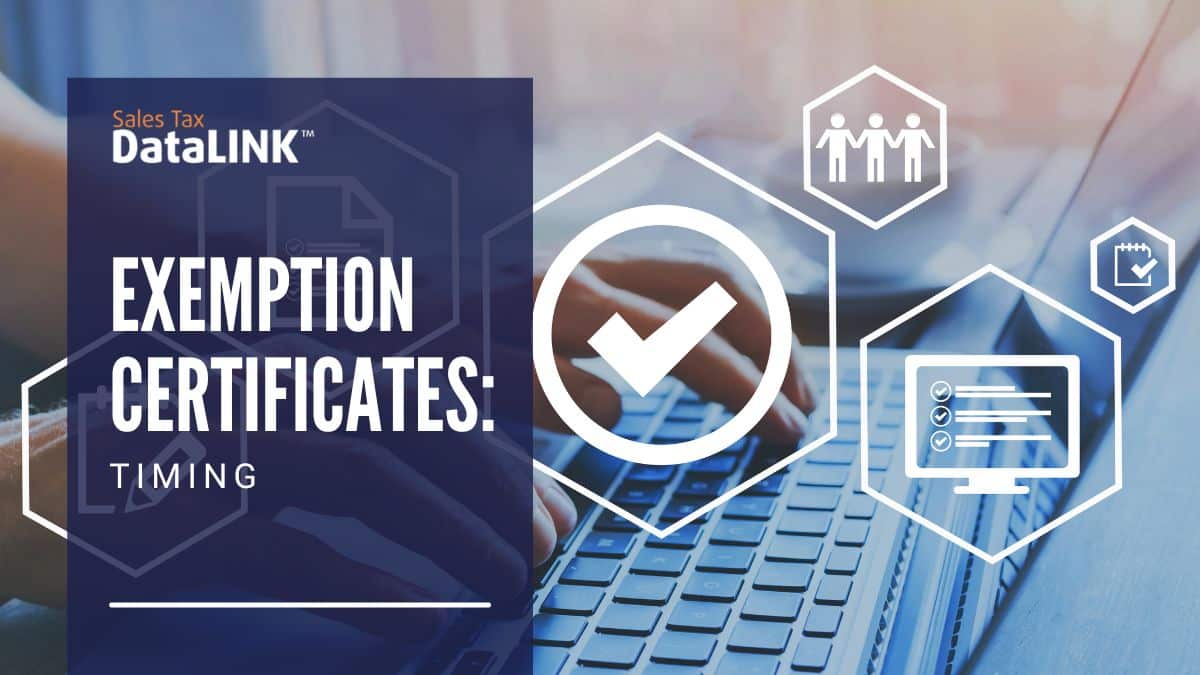Today, a new Iowa internet sales tax law goes into effect, closing the “Internet Sales Tax Basics” “Amazon Loophole” that so many other states have already moved to close. It’s not surprising, since so many other states are doing the same thing, using exactly the same language to do it. In fact, the language of Iowa’s law is the same as “Maine Updates Sales Tax Laws” Maine’s recent changes. But this bill started out as a bill about tax credits for schools and quickly morphed into something else. How did a bill completely unrelated to online sales tax end up changing the tax code in this way? When House File 625 was first introduced to the Iowa Legislature, the text was very simple.
A partnership, limited liability company, S corporation, estate, or trust can donate money to scholarship funds and receive a tax credit. In addition, the bill moved to increase the threshold of donations so more students could benefit from these donations. An amendment was made after the bill was introduced: changes to the sales tax code were added to close online retailer loopholes. It passed with one more amendment through the Senate. Why did an online sales tax amendment end up getting tacked onto a bill about tax credits? To understand that, we have to recognize how the tax credit would affect the budget in Iowa. According to the fiscal impact statement, after 2018, the impact of the changes in the tax credit will decrease the General Fund by $3.25 million each year. The summary of Iowa’s General Fund says, “At the close of FY 2010 and FY 2011, the surpluses were $335.6 million and $554.6 million, respectively.”
While the losses from the tax credits seem like nothing compared to these numbers, it’s easier to understand if you put it in perspective relative to appropriations. The Secretary of State, which administers elections in Iowa, runs on less than $3 million in appropriations. If the Iowa legislature can’t make up for the $3.25 million lost through tax credits, other services would have to be eliminated to appropriate the money allowing the Secretary of State’s office to function. The legislators instead opted to find the money elsewhere — namely, by collecting those online sales taxes. If you have customers in Iowa — or in any of the myriad states that have or soon will begin imposing online sales tax — it’s essential that you have a plan for collecting sales taxes accurately and filing them appropriately. Sales Tax DataLINK software can help. Contact us now for a free evaluation.




